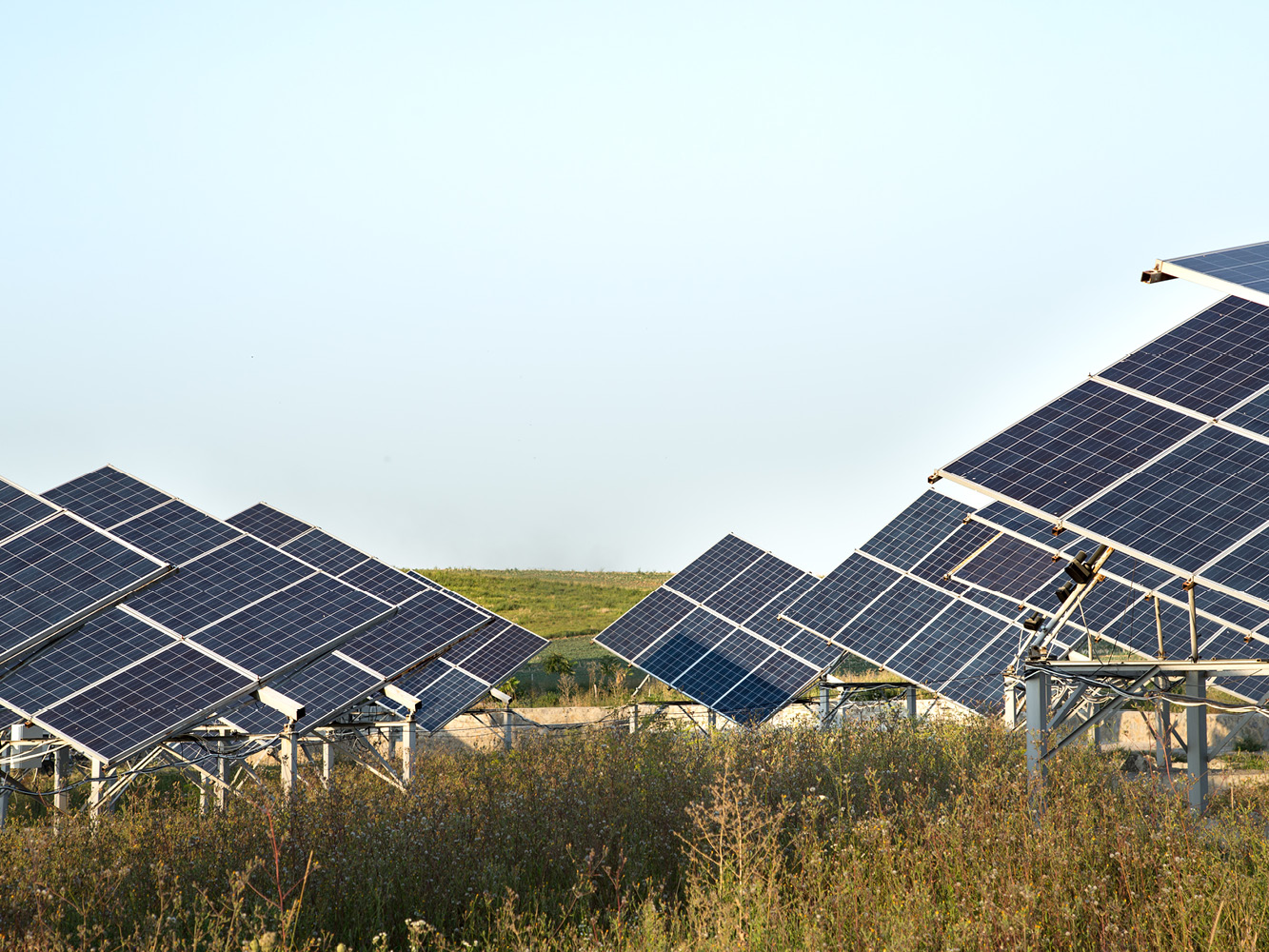
The European Parliament has ratified by a majority-340 votes in favor, 279 against and 21 abstentions-the agreement on cutting CO2 emissions for cars and light commercial vehicles, an agreement reached last as part of measures under the Fitfor55 plan.
Thus, the stop on the sale of polluting gasoline and diesel vehicles from 2035 was finally approved, with the final green light from the Euro Chamber to the agreement, reached by the EU last November.
Intermediate emission reduction targets for 2030 are set by the new Regulation at 55 percent for cars and 50 percent for vans.
The European Commission will present by 2025 a methodology for assessing and reporting data on CO2 emissions throughout the life cycle of cars and vans sold on the European market.
By December 2026, the Commission will monitor the gap between emission limit values and actual fuel and energy consumption data, report on a methodology to adjust manufacturers’ specific CO2 emissions, and propose appropriate follow-up measures. Manufacturers responsible for small production volumes over an entire calendar year — 1,000 to 10,000 new cars or 1,000 to 22,000 new vans — will be eligible for a waiver until the end of 2035 while those below the threshold will remain exempt from the constraints.
At the same time, the European Commission has started the process of revising the CO2 emissions regulation2 for buses and trucks as well, with zero emissions from 2030 for city buses and a 90 percent emissions cut for fleets of other heavy-duty vehicles, starting in 2040. According to Ansa, registered heavy commercial vehicles will have to reduce CO2 emissions progressively, by 45 percent in 2030, 65 percent in 2030, and 90 percent in 2040.
Europe thus sets a good example for the rest of the world, as rapporteur Jan Huitema commented, “This regulation encourages the production of zero- and low-emission vehicles – . It contains an ambitious revision of targets for 2030 and a zero-emissions target for 2035, which is key to achieving climate neutrality by 2050. Buying and driving zero-emission cars will become more affordable for consumers, and a used car market will emerge more rapidly.”
EQUANIMA fully endorses this change. In fact, our business model is centered on the design of renewable energy production facilities, with comprehensive consulting services to better manage energy, skills, and do business ethically, both for the material well-being and for the emotional and intellectual advancement of people.


